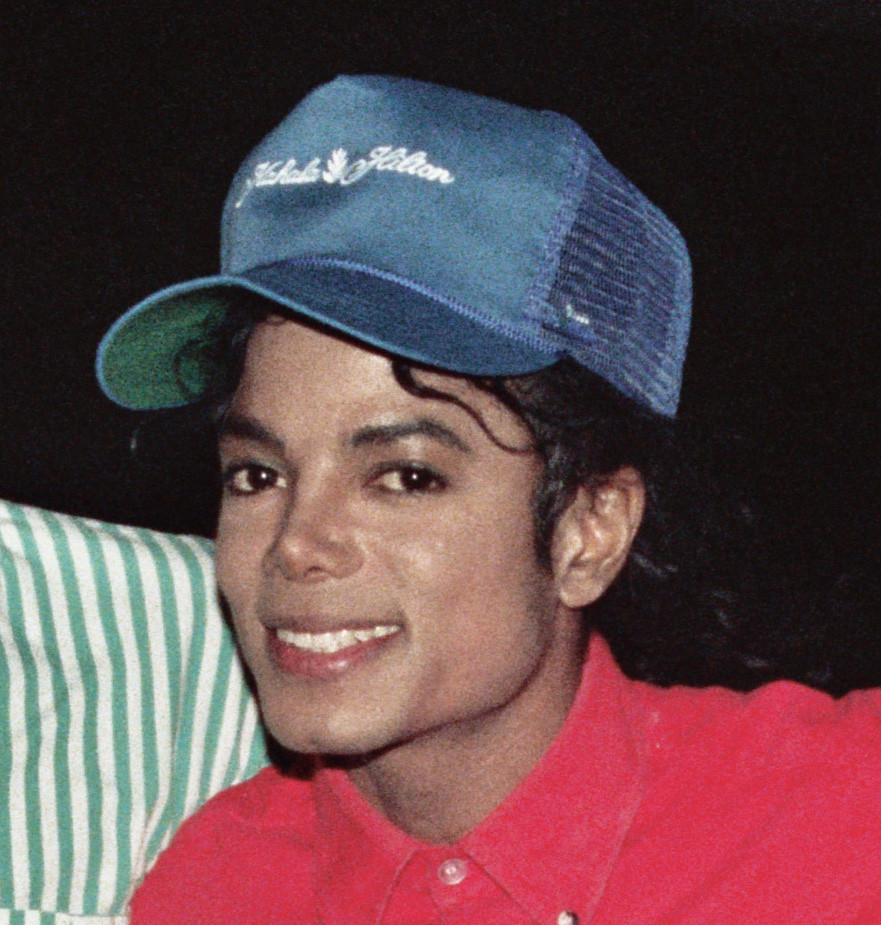
In the annals of music history, few figures loom as large and as complex as Michael Jackson. Beyond the dazzling stage presence and groundbreaking artistry, he was also a voice for truth, unafraid to expose the unsettling realities lurking beneath the glittering surface of the entertainment industry. In 2002, the King of Pop courageously stepped into the spotlight, not just to perform, but to shed light on the personal struggles of a fellow icon, Mariah Carey, in a way that resonated far beyond tabloid headlines. This was a moment when the private pain of a global superstar was brought into the public discourse by another, revealing the profound connections and inherent vulnerabilities within the industry.
Mariah Carey, rightfully hailed as the ‘Songbird Supreme’ by Guinness World Records, possesses one of the most unparalleled voices in contemporary music. Yet, even artists of her immense stature are not immune to the darker undertones that can shadow success. Her relationship with former Sony Music CEO Tommy Mottola, she would later reveal, was less a fairy tale romance and more a narrative of control and constraint. Amidst his own battles with the very industry that made him a legend, Jackson, with a profound sense of empathy and a clear vision of injustice, chose to highlight the struggles of his friend, underscoring the pervasive issues of exploitation and manipulation that artists often face.
This article delves into the intricate story of Michael Jackson’s crucial role in Mariah Carey’s fight for freedom, a narrative interwoven with personal friendship, industry critiques, and enduring legacies. We will explore how Jackson’s public pronouncements, born from a deep connection and shared understanding, brought to light Carey’s silent battles, forever intertwining their stories in the fabric of music history. It is a testament to the power of solidarity and the unwavering courage to speak truth, even when facing formidable powers.
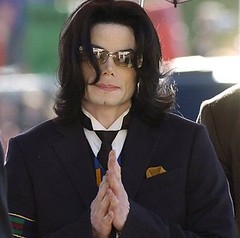
1. Michael Jackson’s Public Outcry Against Sony and Mottola
The stage was London, the year was 2002, and the occasion was Michael Jackson’s ‘Killer Thriller Party’. It was here, on June 15, that the King of Pop delivered a searing, unfiltered critique of Sony and the music industry at large. With characteristic boldness, Jackson leveled a direct accusation against Tommy Mottola, the former chairman and CEO of Sony, unequivocally labeling him ‘the devil’. This public denunciation was not merely a celebrity outburst; it was a calculated and powerful statement from an artist who understood the inner workings of the industry better than most.
Jackson’s speech was the culmination of mounting frustrations, both his own and those of other artists, with what he perceived as systemic injustices. Earlier that day, he had joined fans at a protest outside the Sony Music offices in London, demonstrating a visible solidarity with those who felt marginalized and exploited. His words carried immense weight, shaking the foundations of an industry accustomed to controlling its narrative. He didn’t just speak; he illuminated a dark corner, bringing what many believed to be hidden truths into the harsh light of public scrutiny.
The essence of his message was clear: there were profound issues of power and control at play, and he was determined to expose them. He concluded his powerful address with a resolute declaration, “The best is yet to come,” signaling his unwavering commitment to continue fighting for justice and integrity within the music world. This was Jackson not just as an entertainer, but as an activist, using his global platform to advocate for change and protect the vulnerable, even if it meant challenging powerful institutions head-on.

2. Mariah Carey’s Private Confession to MJ
The genesis of Jackson’s public accusations against Mottola was deeply personal, rooted in Mariah Carey’s own profound distress. Jackson recounted a heartbreaking scene, revealing that Mariah Carey had come to him “crying. Crying. She was crying so badly I had to hold her” after her divorce from Tommy Mottola. This intimate moment underscores the depth of their friendship and the trust Carey placed in Jackson, seeking solace and understanding from someone who truly comprehended the unique pressures of their world.
During this raw and emotional encounter, Carey disclosed the terrifying extent of Mottola’s alleged actions. She confided in Jackson, saying, “This is an evil man, and Michael, this man follows me.” Her fears were further amplified by her belief that “He taps her phones, and he’s very, very evil. She doesn’t trust him.” These were not mere accusations of marital discord; they painted a chilling picture of an artist feeling stalked and controlled, even after the termination of her marriage and her contractual ties to Sony Music, which she had entered into when marrying Mottola in 1993 before their divorce in 1998.
Jackson, recounting these words via mymjtribute’s YouTube channel, presented Carey’s testimony as a direct and undeniable account of emotional and possibly physical surveillance. His decision to publicly share this private confession wasn’t taken lightly; it was a move motivated by a deep concern for his friend and a desire to highlight the vulnerability of artists, even those at the pinnacle of their careers, when entangled with powerful industry figures. This was a call for accountability, echoing a plea that had been whispered in confidence.
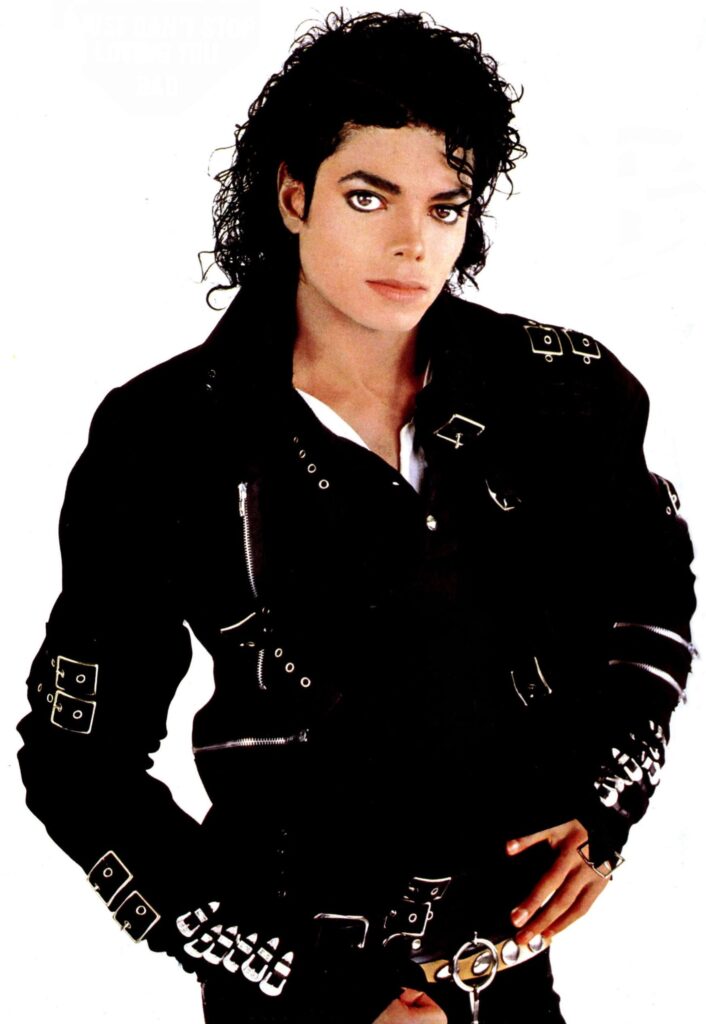
3. Tommy Mottola: The ‘Devil’ and the ‘Racist’ Label
Michael Jackson’s public denunciation of Tommy Mottola went beyond merely labeling him ‘the devil’ during his London speech; he also accused the former Sony Music CEO of being a racist. These accusations were not arbitrary; they were specifically linked to Mottola’s alleged under-promotion of Jackson’s album, *Invincible*. The implication was clear: professional decisions, disguised as business strategy, were tinged with racial bias, hindering an artist’s career due to their ethnicity.
The gravity of such claims, coming from a global icon like Michael Jackson, cannot be overstated. To call a prominent industry executive a ‘racist’ is to cast a shadow that is difficult to dispel, impacting not only personal reputation but also the broader ethical landscape of the music business. Jackson’s words suggested a pattern of systemic issues, where racial prejudice could subtly — or overtly — influence the career trajectories of artists, particularly those of color.
By articulating these strong accusations, Jackson positioned himself as a champion for artists who might otherwise suffer in silence. He wasn’t just defending Mariah Carey; he was making a larger statement about fairness, equality, and the moral responsibilities of those in positions of power. The ‘devil’ and ‘racist’ labels, though incendiary, were intended to strip away any veneer of respectability, exposing what Jackson perceived as the true character and motivations behind Mottola’s actions and Sony’s practices.
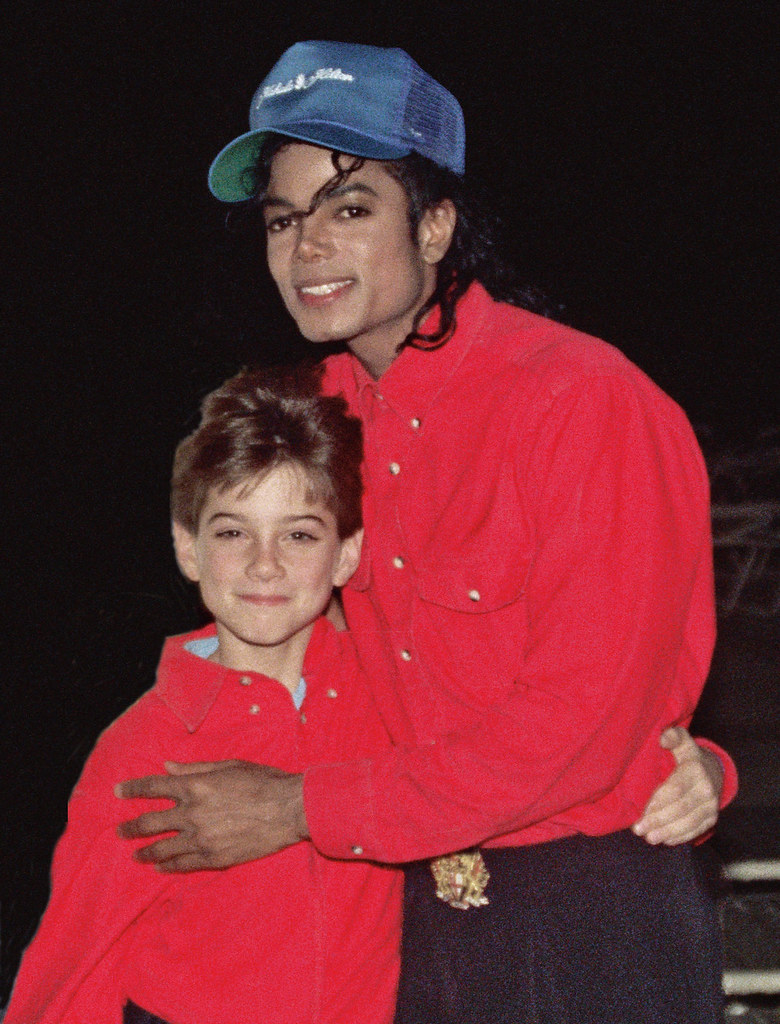
4. MJ’s Broader Critique of Industry Exploitation
Michael Jackson’s public support for Mariah Carey was not an isolated incident; it was emblematic of his broader, more profound critique of the systemic exploitation and manipulation rampant within the music industry. He viewed Carey’s struggles with Tommy Mottola not just as a personal tragedy, but as a glaring example of how artists, despite their immense talent and global reach, could become ensnared by contractual obligations and power dynamics that prioritized profit over artistic well-being. This perspective resonated deeply with what the article describes as Mimi’s “own silent battles,” suggesting a shared understanding of industry pitfalls.
Jackson’s outspokenness illuminated what he perceived as the “dark side of the music industry,” emphasizing how artists are often “exploited and manipulated.” His understanding and backing during Carey’s tough times not only showcased the mutual respect between these two titans of music but also fundamentally underscored the “pervasive issues within the industry.” It was a rallying cry, drawing attention to the often-invisible chains that bound creators to powerful corporations and individuals, limiting their creative freedom and personal agency.
His advocacy extended beyond individual cases, aiming to spark a wider conversation about the ethical responsibilities of record labels and executives towards the artists who generate their wealth. Jackson, having navigated decades of industry highs and lows, possessed an unparalleled insight into these mechanics. His voice, therefore, lent immense credibility to the argument that a fundamental shift was needed to protect artists from undue influence and ensure their fair treatment, transforming personal grievances into a powerful movement for industry reform.

5. The Deep-Rooted Friendship of Icons
Beyond the dramatic headlines and contentious accusations, the bond between Michael Jackson and Mariah Carey was one of genuine admiration and profound respect. Their friendship was a consistent thread throughout their intertwined narratives, a testament to shared experiences and an understanding forged in the unique crucible of global superstardom. They moved in the rarefied air of musical genius, and this common ground fostered a connection that transcended professional rivalry or fleeting alliances.
The context explicitly states, “Mariah Carey and Michael Jackson had a close connection. They admired each other’s talents and held a deep respect for one another.” This isn’t just a casual acquaintance; it speaks to a bond built on artistic appreciation and mutual regard for each other’s incredible contributions to music. It was this foundation of trust and understanding that allowed Carey to confide in Jackson during her most vulnerable moments, knowing he would comprehend the complexities of her situation.
Their shared journey, navigating the intense scrutiny and immense pressures of the music industry, undoubtedly strengthened their relationship. In a world often characterized by competition, their friendship stood out as a beacon of solidarity and support. It demonstrated that even at the pinnacle of fame, genuine human connections are vital, providing a safe space for confidences and a powerful alliance against external forces. Their bond was a quiet strength, often hidden from public view, but deeply impactful in their personal and professional lives.
Read more about: Absolutely Gorgeous: Discover the Unexpected Journey of Antonio Banderas’ Daughter, Stella Banderas Griffith!
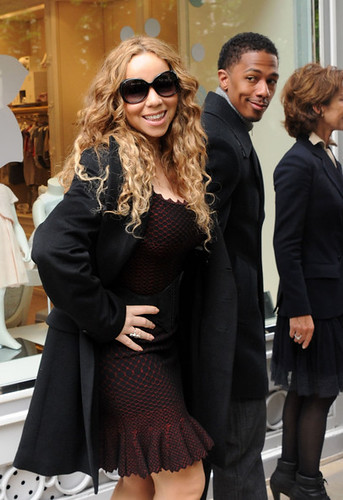
6. Mariah’s “I’ll Be There” Tribute
Mariah Carey’s artistic homage to Michael Jackson was perhaps most touchingly exemplified through her rendition of “I’ll Be There,” originally a classic by The Jackson 5. This choice of song was far from arbitrary; it was a deliberate and heartfelt tribute that spoke volumes about the profound influence the “Indiana native” had on her own musical journey and the broader landscape of popular music. Her performance wasn’t just a cover; it was an interpretation imbued with respect and personal significance.
With her unique vocal style and astonishing range, Carey showcased her “amazing vocal abilities while honoring The Gloved One.” Her version brought a fresh, contemporary resonance to a timeless melody, proving that great music transcends generations and artists. This rendition served as a public acknowledgment of Jackson’s foundational impact on her, a recognition that his artistry had paved the way and set the bar for countless musicians, including herself.
The act of performing such an iconic song, originally sung by Jackson at a young age, created a poignant link between their careers. It highlighted not only their shared musical lineage but also the passing of the torch from one generation of vocal royalty to the next. Through this tribute, Mariah Carey ensured that Michael Jackson’s spirit and legacy continued to resonate, showcasing his enduring influence not merely through words, but through the universal language of music itself.

7. The “What More Can I Give” Collaboration
The bond between Michael Jackson and Mariah Carey extended into collaborative efforts focused on humanitarian causes, notably their involvement in the charity song “What More Can I Give.” This project, initiated by Jackson, brought together an impressive array of artists in 2002, uniting their voices for a collective purpose. It symbolized a powerful convergence of musical talent in service of a greater good, transcending individual fame for a shared mission of compassion and generosity.
Both Carey and Jackson teamed up with “other artists” for this impactful charity single, demonstrating their shared commitment to leveraging their platforms for societal benefit. The song was more than just a recording; it led to a charity concert where they “also shared the stage.” This live performance underscored the unity and collective spirit driving the initiative, with two of music’s biggest stars standing side-by-side, lending their formidable talents to a cause that resonated deeply with them.
This collaboration served as a powerful testament to their mutual humanitarian spirit and their ability to put aside personal endeavors for a shared global cause. It was an embodiment of the idea that music could be a force for healing and change, especially in times of need. Their participation in “What More Can I Give” cemented their legacy not just as musical innovators, but as compassionate public figures dedicated to making a positive impact on the world.
The first part of our journey illuminated Michael Jackson’s audacious stand against the music industry and his heartfelt defense of Mariah Carey. We witnessed a rare moment of solidarity between titans, where private anguish was brought into the public sphere for a greater cause. Yet, the narrative doesn’t conclude with Jackson’s powerful pronouncements. It evolves, revealing complex layers of personal loyalty, public relations, and a shared commitment to humanitarian ideals that continued to define their intertwined paths. Now, we shift our focus to the aftermath. We will explore Mariah Carey’s intricate response to these revelations and the subsequent endeavors that cemented both her and Jackson’s enduring legacies. This section delves into how public accusations are navigated, how charitable visions are realized, and how the memory of a legend is kept alive through heartfelt tributes.
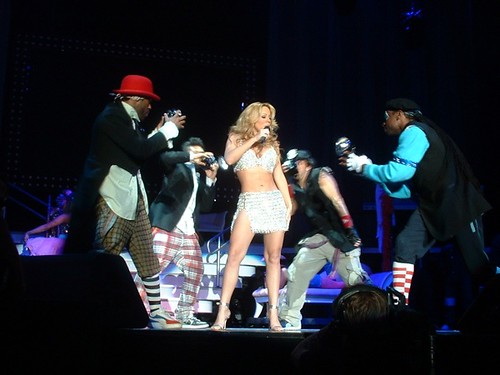
8. Mariah Carey’s Nuanced Stance on Mottola
Michael Jackson’s fiery condemnation of Tommy Mottola as ‘racist’ and ‘the devil’ sent shockwaves through the music industry. It placed Mariah Carey, with her complicated history with Mottola, in a delicate position. Her spokeswoman, Cindi Berger, revealed Mariah was “shocked, of course,” by Jackson’s accusations, highlighting the intense pressure she faced to respond publicly.
Despite Jackson’s public defense, Mariah did not fully align with his specific accusations regarding racism. Mottola’s wife, Thalia, claimed Carey called him, asserting her support and defending him against the ‘racist’ claims. Carey stated she was “on his side, not on Jackson’s,” on that charge. Her defense stemmed from personal experience; Berger said, “Mariah does not feel that he is such a person after all the support he had given her.”
Carey also expressed discomfort with being drawn into the dispute without consent. Berger clarified, “Michael did not have Mariah’s permission or consent to use her in his battle with Sony.” Mariah felt “Michael is wrong and she is rather surprised that he has dragged her into this. She is very upset with him and is not behind him in this at all,” underscoring her desire for agency.
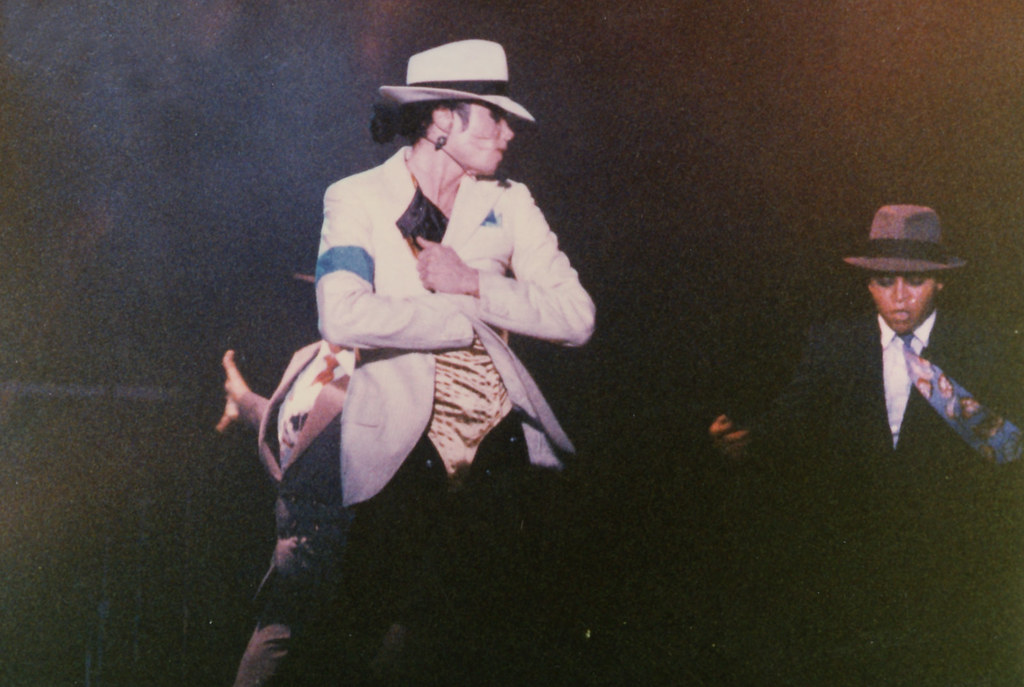
9. Cindi Berger’s Official Statement
In the wake of Michael Jackson’s explosive claims, Mariah Carey’s spokeswoman, Cindi Berger, issued an official statement. This clarified the pop superstar’s intricate position and managed public perception. Berger meticulously addressed specifics, especially concerning any recent communication between Mariah and Tommy Mottola.
Berger explicitly refuted claims Mariah had recently spoken to Mottola. She stated, “To the best of my knowledge, Mariah has not spoken to Mr. Mottola in several months.” This maintained clear boundaries. However, Berger then made Carey’s broader stance on the ‘racist’ accusation clear, conveying Mariah supported Mottola “fully” on that specific issue.
Berger also corrected misconceptions regarding Carey’s grievances about her career. “Mariah has never directly accused Tommy of trying to ruin her career,” she added. This was crucial, refining public understanding. It suggested that while their divorce was fraught, it didn’t involve active sabotage of her musical path.

10. Mariah’s Decision to Move Forward
Amidst the controversy, Mariah Carey showed resolute determination to reclaim her narrative. She chose to move beyond past disputes with Tommy Mottola, focusing on future musical endeavors and personal growth. This underscored her commitment to her craft over past conflicts.
Carey’s unwavering focus was squarely on her burgeoning career with Island/Def Jam. This new label offered a fresh start, redefining her artistic direction and allowing new collaborations. She immersed herself in creating her album debut, collaborating with esteemed producers like Jimmy Jam and Terry Lewis, and DJ Quik.
The anticipation for this new release was palpable, with expectations set for its arrival “in the fall.” This projected date served as a tangible goal, guiding her artistic energies away from public disputes. It demonstrated her resilience and ultimate priority for music, marking a definitive new chapter.
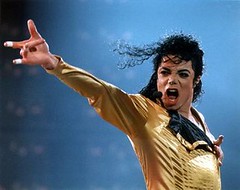
11. The “United We Stand: What More Can I Give” Benefit Concert
Beyond personal dramas, Michael Jackson channeled his influence into a monumental humanitarian effort: the “United We Stand: What More Can I Give” concert. This grand event, led by Jackson, unfolded on October 21, 2001, at Robert F. Kennedy Memorial Stadium. It was a powerful testament to the music community’s collective spirit during national grief.
The concert’s primary purpose was to honor victims of the September 11 attacks, as one of three major concerts for this cause. Jackson’s initiative united an unparalleled lineup, using music for solace and remembrance. The condensed two-hour special later premiered on ABC, reaching a wider audience.
Performers spanned generations and genres, from icons like Mariah Carey, James Brown, and Rod Stewart to emerging stars like Destiny’s Child and NSYNC. Each delivered a brief, impactful set. Jackson himself performed “Man in the Mirror” and joined an all-star ensemble, including MC Hammer and Mýa, to close the show with “What More Can I Give,” solidifying its message of unity.

12. Challenges Faced by “United We Stand”
Despite its noble intentions, the “United We Stand” concert was “plagued with problems.” Even ambitious undertakings face unforeseen obstacles, and this massive humanitarian effort encountered significant challenges. These issues threatened to overshadow its admirable purpose.
One disheartening issue was guest no-shows. High-profile artists like Mick Jagger, Kiss, and Ricky Martin, who were expected, ultimately did not perform. Their absence, though potentially unavoidable, detracted from the full star power promised for such a significant event.
Logistical aspects also proved difficult. The concert experienced “faulty sound equipment,” a critical flaw for live performances. Technical glitches disrupt flow and frustrate both performers and audience. Such problems highlight the immense complexities inherent in large-scale productions.
Furthermore, attendees faced practical shortcomings. Concessionaires reportedly ran “out of food and beverages.” For a half-day event, this scarcity significantly inconvenienced concertgoers, dampening the atmosphere. These operational setbacks collectively created a less than ideal experience.
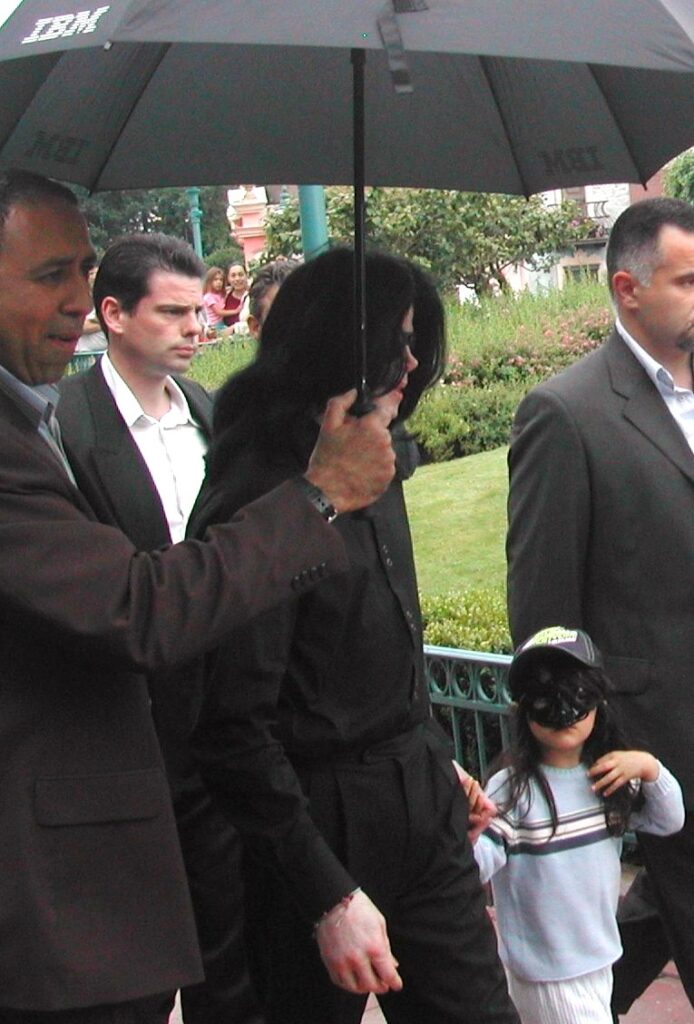
13. The Televised Broadcast Controversy
The complexities surrounding “United We Stand” extended beyond the live event, impacting its televised broadcast. ABC aired a condensed, two-hour version, but a notable omission stirred discussion. This revealed the intricate web of media agreements governing celebrity appearances.
The core controversy involved the absence of Michael Jackson’s solo performance of “Man in the Mirror” from the ABC broadcast. For fans, its removal was perplexing. Jackson’s performance was a powerful live highlight, making its exclusion particularly glaring for the concert’s primary organizer.
The reason stemmed from an exclusivity agreement. Jackson’s management had an existing deal with CBS for an upcoming special. To honor this prior commitment, his solo segment was pulled from the ABC airing. This demonstrates how contractual obligations dictate public content, even for charity.
Despite the solo act’s removal, the concert’s finale, featuring Jackson, was still permitted to air. This partial inclusion ensured his overarching involvement in the collective “What More Can I Give” performance remained visible. It was a compromise, balancing media commitments with the desire to showcase unity.
Read more about: Beyond the Smile: Unpacking 15 Sketchy Steve Harvey Moments Everyone Conveniently Forgets
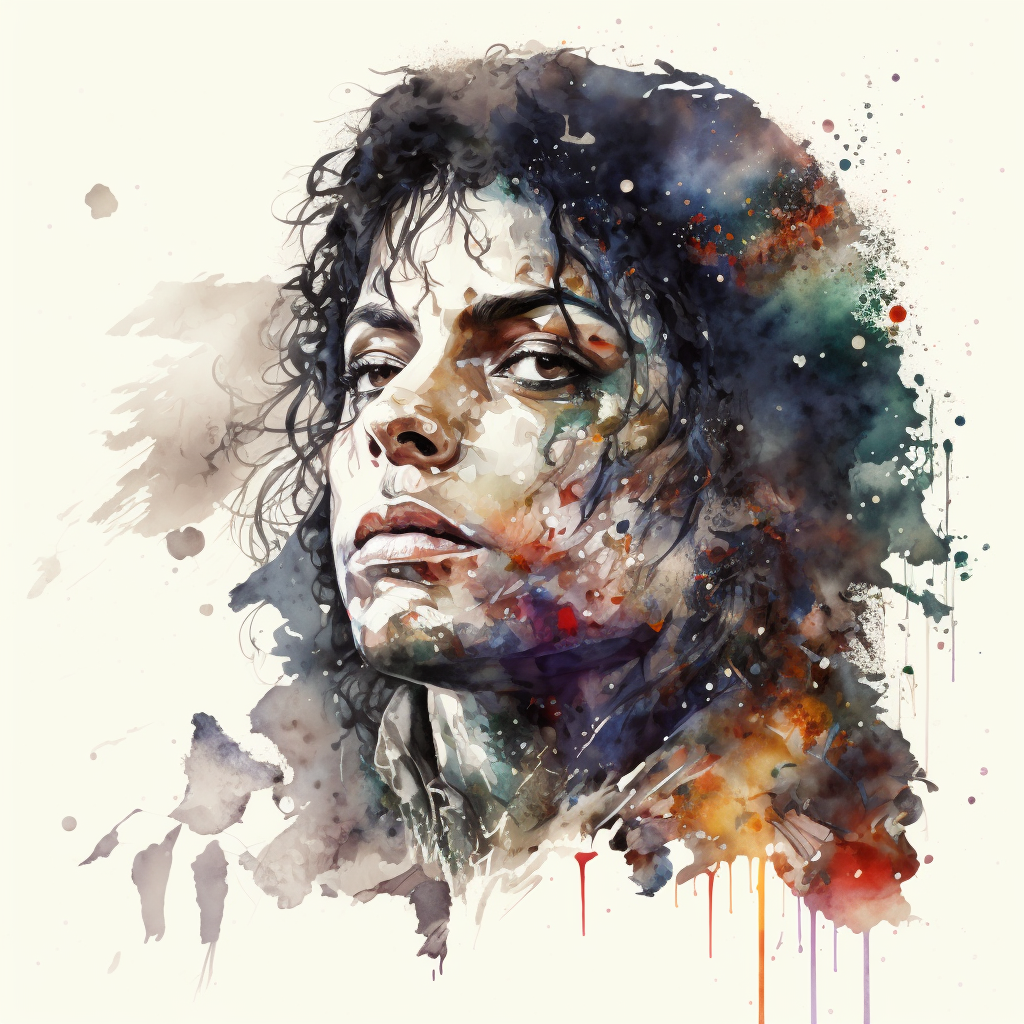
14. Carey’s Post-Mortem Tributes to Jackson
The deep bond between Mariah Carey and Michael Jackson solidified into an enduring legacy Carey passionately championed after Jackson’s untimely death. Her commitment to honoring his memory demonstrated profound respect, ensuring his influence resonated in the musical world and her life.
At Jackson’s memorial service, a global event, Mariah Carey delivered a poignant performance of “I’ll Be There.” This heartfelt choice, deeply intertwined with Jackson’s early career, served as a moving tribute. Her willingness to perform underscored the personal significance of their friendship.
Carey also dedicated herself to preserving Jackson’s legacy through public commentary. In interviews, she consistently spoke “warmly about him, praising his influence on music and pop culture.” These were genuine reflections of an artist who admired Jackson’s revolutionary contributions, shaping the narrative of his genius.

15. Mariah’s Regret Over Memorial Performance Apology
Mariah Carey’s emotional performance of “I’ll Be There” at Michael Jackson’s memorial service was poignant yet marked by personal struggle. The immense weight of the occasion, combined with her deep connection, proved overwhelming. She openly “struggled to hit notes and fought back tears,” making her rendition a raw expression of grief.
The next day, driven by emotion, Mariah apologized publicly on Twitter for her shaky performance. She explained becoming “overemotional” seeing Jackson’s “gold coffin below the stage,” writing, “Trying to sing today was basically impossible for me… I’m sorry that I wasn’t able to pull it together…”
In retrospect, however, Carey expressed regret over sharing that message. “I regret sending that message but I was very emotional and I wasn’t happy with my performance,” she later stated. Her initial apology stemmed from a desire for perfection, but she realized the message had unintended consequences. “I just forgot the world could read that… That was about him.”
Her reflection highlighted her lifelong connection to Jackson’s music, making the song incredibly difficult. She felt “blessed to have known him, to have performed with him several times and to have sung at his memorial.” Her regret wasn’t about the sentiment, but about public self-criticism during a moment purely meant to honor her dear friend.
As we reflect on the complex tapestry woven by Michael Jackson and Mariah Carey, it becomes clear that their stories are more than just individual narratives of fame and struggle. They are powerful allegories of artistic integrity, personal resilience, and the enduring human need for connection within an often-unforgiving industry. Jackson’s courageous stand and Carey’s nuanced navigation of the aftermath, coupled with their shared humanitarian efforts and mutual tributes, illustrate the profound impact that genuine solidarity and unwavering respect can have. Their intertwined legacies continue to resonate, reminding us that even the brightest stars face challenges, but through compassion and conviction, they can inspire and uplift not just each other, but the entire world, cementing their places as true icons in the ever-evolving saga of music history.



